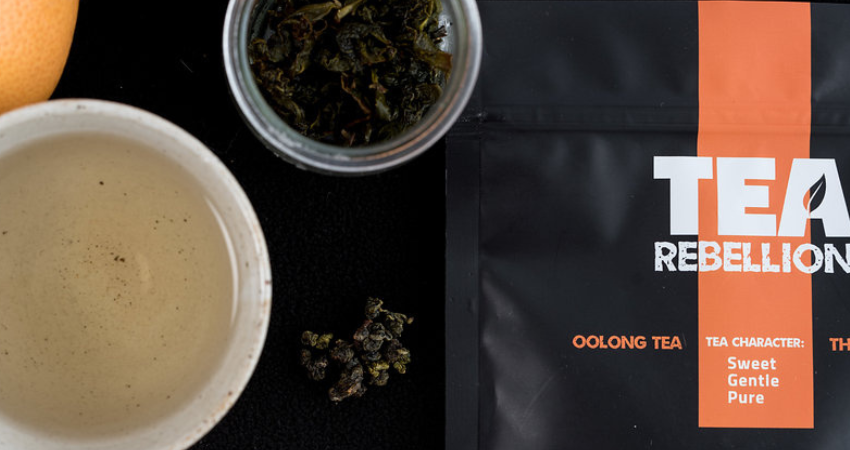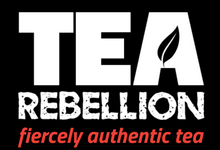
Learning About Tea: Expand Your Tea Knowledge with Tea Rebellion
Welcome to a journey into the captivating world of tea with Tea Rebellion! As we delve into the realms of tea culture, history, and flavors, prepare to broaden your understanding and appreciation for this ancient beverage. From the lush tea gardens where the leaves are meticulously plucked to the intricate art of brewing the perfect cup, Tea Rebellion is your guide to unlocking the secrets of tea.
Whether you are a seasoned tea enthusiast or a curious novice, this exploration promises to enrich your tea knowledge and elevate your tea-drinking experience. Join us as we uncover the diverse varieties of tea, the unique terroirs that influence their taste, and the sustainable practices that shape the tea industry.
Exploring Different Tea Types
Varieties of Tea
Tea is an aromatic beverage commonly prepared by pouring hot or boiling water over cured or fresh tea leaves. Here are some popular types of tea:.
-
Green Tea : Known for its various health benefits and high antioxidant content.
-
Black Tea : Fully oxidized tea leaves that result in a robust flavor and dark color.
-
Oolong Tea : Partially oxidized tea leaves with a flavor profile falling between green and black tea.
-
White Tea : The least processed tea with a delicate flavor and high levels of antioxidants.
-
Herbal Tea : Not derived from the Camellia sinensis plant, but instead from dried fruits, herbs, or flowers, offering a variety of flavors and health benefits.
Tea Production Methods
Tea production involves several steps, from harvesting to processing, that can significantly impact the flavor and quality of the tea. The main tea production methods include:.
-
Withering : Allowing the freshly plucked tea leaves to wither and reduce moisture content.
-
Rolling : Hand-rolling or machine-rolling the tea leaves to break cell walls and release enzymes.
-
Oxidation : Allowing the tea leaves to oxidize, which can range from minimal (green tea) to complete (black tea).
-
Firing : Halting the oxidation process by applying heat to the leaves to preserve flavors.
-
Sorting and Packaging : Sorting the processed tea leaves based on size and quality before packaging for distribution.
Health Benefits of Tea
Tea is not only a delightful beverage but also offers various health benefits. Some of the benefits of drinking tea regularly include:.
-
Antioxidant Properties : Tea is rich in antioxidants, which help in fighting free radicals and reducing cell damage in the body.
-
Improved Heart Health : Regular consumption of tea has been linked to lower risk of heart diseases and stroke due to compounds like catechins and polyphenols.
-
Boosted Immunity : The polyphenols in tea can help strengthen the immune system and reduce the risk of infections.
-
Enhanced Mental Alertness : Tea contains caffeine and L-theanine, which can improve focus, concentration, and overall brain function.
-
Weight Management : Some teas, like green tea, have been associated with aiding in weight loss and boosting metabolism.
Tea Culture Around the World
Tea holds a significant cultural importance in various countries around the world. From elaborate tea ceremonies in Japan to the traditional British afternoon tea, each culture has its unique way of enjoying tea. Some notable tea-drinking cultures include:.
-
Japanese Tea Ceremony : A ritualistic preparation and presentation of matcha tea, emphasizing harmony, respect, and tranquility.
-
Indian Chai : A spiced tea blend made with black tea, milk, sugar, and spices like cardamom and ginger, reflecting the vibrant and flavorful Indian culinary traditions.
-
Russian Tea : Often served with jam and sweets, Russian tea culture values warmth and hospitality, especially during cold winters.
-
American Iced Tea : A refreshing cold tea beverage enjoyed during hot summers, often sweetened and garnished with lemon.
- Moroccan Mint Tea : A blend of green tea, fresh mint leaves, and sugar, symbolizing hospitality and friendship in Moroccan culture.
Sustainable Tea Production
With the growing concern for environmental sustainability, the tea industry iss focusing on sustainable practices and accelerating climate and nature action. Sustainable tea production involves methods that minimize environmental impact, promote fair labor practices, and support local communities. Some initiatives in sustainable tea production include:.
-
Organic Farming : Cultivating tea without synthetic pesticides and fertilizers to reduce chemical exposure and protect biodiversity.
-
Fair Trade Certification : Ensuring fair wages and working conditions for tea workers, promoting social responsibility in the tea supply chain.
-
Rainforest Alliance : Partnering with the Rainforest Alliance to promote sustainable land management, conserve biodiversity, and improve livelihoods in tea-growing regions.
-
Carbon Footprint Reduction : Implementing measures to reduce carbon emissions during tea production and transportation to mitigate climate change impact.
-
Community Empowerment : Engaging with local communities to support education, healthcare, and infrastructure development through tea production revenues.
- Regenerative Organic Certification (ROC): This is the new kid on the block and requires a focus on soil health in addition to general organic growing practices
Exploring the diverse tea types, production methods, health benefits, cultural significance, and sustainability efforts in the tea industry can deepen your appreciation for this beloved beverage and inspire you to savor each cup mindfully.
Conclusion
Exploring the world of tea is an enriching journey, offering a deeper understanding and appreciation for the diverse flavors, cultures, and traditions associated with tea. With a commitment to sustainability and quality, Tea Rebellion aims to broadens tea knowledge but also fosters a sense of connection to the people and places behind each cup. Embrace the opportunity to expand your tea horizons with Tea Rebellion and embark on a flavorful exploration that transcends borders.
